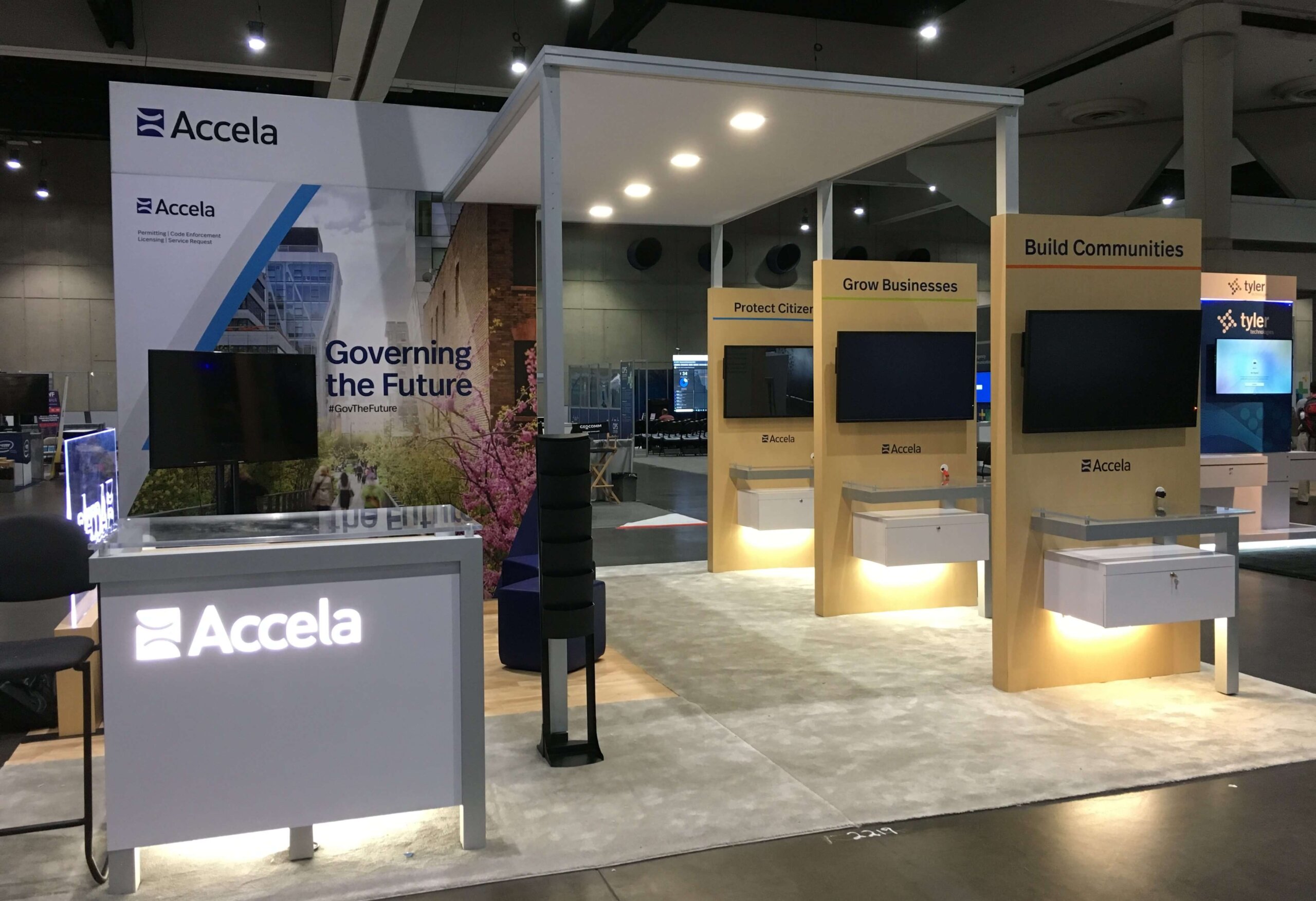
Emerging technology presents a difficult challenge for government agencies tasked with balancing citizen rights, public safety and privacy with the demand for new economic opportunity. Often, agencies are slow to react until new technologies have already disrupted a community’s equilibrium.
- Work together with technology vendors. While sometimes there can be an adversarial relationship between new technology companies and the agencies that oversee them, it doesn’t necessarily preclude cooperation. Anuj Gupta shared his experience working with e-scooter companies to implement new technology required by the city that prevented the scooters from entering a no-riding pathway and limited the scooter speed when driven on sidewalks. Although initially reluctant to implement the new technology, the scooter manufacturers agreed to meet the city’s requests – and now the vendors benefit with improved scooters that are better able to accommodate the needs of other jurisdictions.
- Make it easy for citizens to comply. Difficult, cumbersome processes are a consistent barrier to compliance. I shared the results from cities that have moved registration processes online for short-term rental operators. By allowing host operators to perform all tasks online – from filing the application, to uploading supporting documentation, to payment of fees – cities, such as Denver, CO, have seen compliance rates increase from less than 20 percent to an 80 percent compliance rate among short-term rental operators. The clear message: citizens will comply with registration requirements when it is not unduly burdensome to do so.
- Prepare in advance for upcoming changes. Many communities reported being caught off guard by the sudden emergence of e-scooters and ride-hailing services. While predicting the success of new technologies is notoriously difficult (as anyone on Wall Street can attest), cities can prepare themselves for new areas of regulation by establishing clear oversight responsibilities and responsibilities, reviewing similar technologies in use today, and ensuring the city’s software licensing system is flexible enough to rapidly respond to new regulatory areas.
Cities and counties will continue to face new challenges as technology evolves and transforms the way we conduct business, consume goods and services, and transport ourselves through our communities. City and county managers have the difficult task of balancing current demands with the need to prepare for future changes.
Let’s keep the conversation going to find the best way to ensure our administrative and software systems stay up-to-date and ready to tackle the unknown challenges ahead. Note: Be sure to visit Accela at National League of Cities’ City Summit November 20th and 21st in booth 401 where we’ll be showcasing digital solutions that are elevating citizen service delivery. Accela execs will also be leading conference discussions on Emerging Regulation and Technology. See you there!


